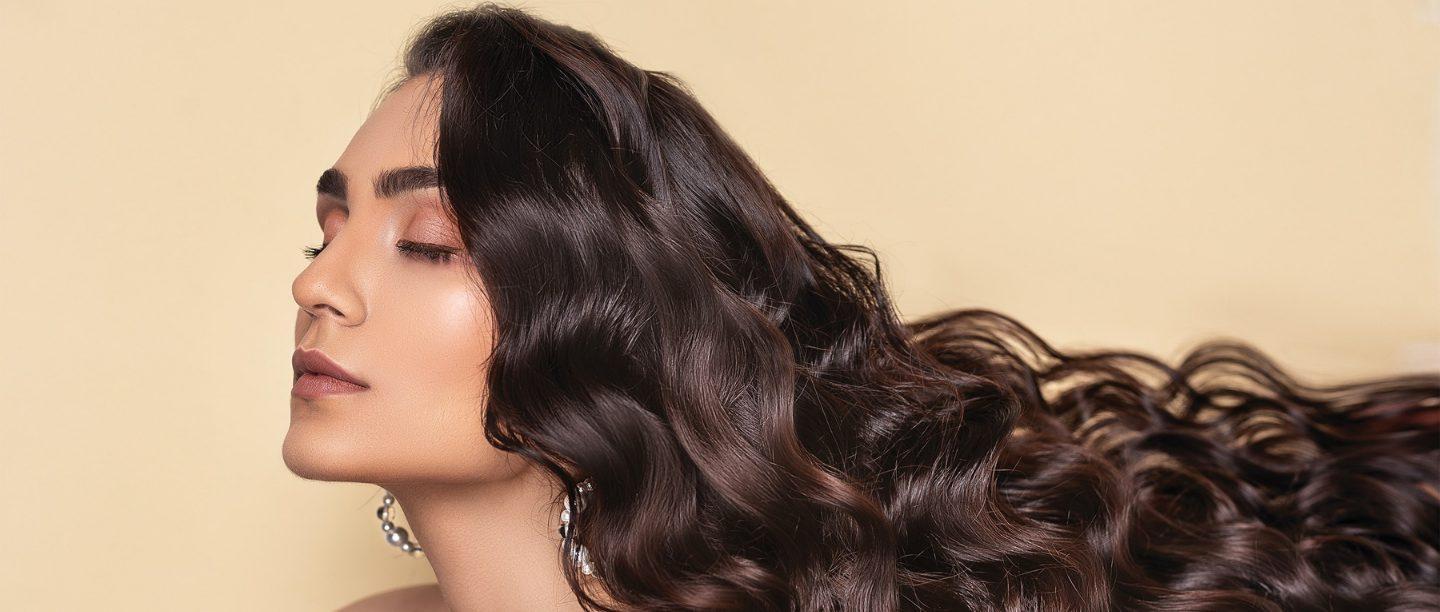How many times have you been traumatised by the amount of hair that has fallen in the shower? Or when you brush them? Or when you style them? While hair fall is a natural process, it might begin to get concerning when the amount of hair shedding is increasingly disparate from the rate of hair growth. If hair, scalp and body are not nurtured the right way during these situations, one can easily be a victim of massive hair loss. Over the past decade, the Indian adult population is experiencing hair loss at a much younger age. Most people now experience hair loss between their 20s and 30s. This condition affects over 60% of the Indian adult population.
Hair loss is a complicated problem that can be influenced or triggered by multiple factors. And while it might be daunting to frantically search the net for a cause and solution for your fallen tresses, we might have figured an easier way out for you. We sat down with Dr Jaspreet Rajani, a hair expert at Traya some of the most burning questions about the causes and solutions of hair loss.
Causes Of Hair Loss
Dr Rajani tells us that the most common type of hair loss conditions is androgenic alopecia or male or female pattern hair loss and telogen effluvium. However, these conditions can be brought on by multiple factors. Below listed are some of the very common ones:
Genes

“Yes, you heard that right. Like many lifestyle health conditions. Hair loss is also genetic, but this is only true for the hair loss condition – androgenic alopecia. If any of your blood relatives had male/female pattern baldness there is a good chance you will too,” Dr Jaspreet answers.
Internal Health
According to her, “Ayurveda views hair loss as a consequence of disturbed internal health. Factors such as your digestion, absorption, metabolism and dosha imbalance can all affect the health of your hair.”
Hormonal Health
Hormonal imbalance resulting from health conditions such as PCOS or thyroid. Hormonal events such as the onset of periods, pregnancy, post-pregnancy and menopause. Or using supplements such as steroids can result in hormonal imbalance which will either aggravate hair loss or trigger a hair loss condition.
Scalp Health
Dr Jaspreet tells us that scalp conditions such as dandruff, psoriasis, seborrheic dermatitis can all affect the rate of hair loss.

Diet And Lifestyle
This comes to no one’s surprise but the vitamin deficiency, lack of proteins, fibre, micro and macronutrients from poor nutrition can all result in increased hair loss and poor hair growth. Dr Rajani further explains, “Not only that, but poor lifestyle habits such as lack of sleep, high-stress levels, use of alcohol and smoking can all increase hair loss or trigger hair loss conditions.”
Health Conditions And Medication
There are multiple health conditions such as PCOS, thyroid, auto-immune disorders, anaemia, etc can impact hair health and increase hair loss. Not just that, but certain medications also can trigger hair loss or aggravate an existing hair loss condition.
What Can We Do To Combat Hair Loss?
According to Dr Rajani, it is important that one gets a proper diagnosis to understand the underlying or root cause of their hair loss condition, instead of self-diagnosing or reaching out for the latest anti-hair fall shampoo. When you choose a treatment plan make sure that you choose a holistic treatment plan. One that works on the symptoms of hair loss and causes at that same time.
“Apart from that, it is important to be mindful of your lifestyle and dietary choices, because there is no treatment that can help with that. Choose foods that help reduce the acidic pH of your body such a diet is known as a pitta pacifying diet. It will not only help boost growth but will also make your body more responsive to treatment. A good place to start is to avoid wheat, dairy products and processed foods. Reduce smoking and alcohol consumption. And improve your sleeping patterns along with mediating your stress levels,” she continues.
What Foods Should One Incorporate In Their Diet To Look After Their Hair?
“You need to make sure there is a balance between your micro and macronutrients. So start eating more leafy vegetables, seeds, nuts, daal, sprouts, fruits and good fat in your diet,” she answers.
What Is An Ideal Hair Care Routine To Combat Hair Loss?
Dr Jaspreet Rajani tells us that haircare is about the hygiene, texture and appearance of your hair. Make sure you choose a paraben and sulphate free formula based on your hair and scalp type. Massage your scalp with a good oil concoction once or twice a week. “Dr Shailendra Chaubey the Ayurvedic doctor at Traya creates a customised scalp oil based on scalp concerns. And also ensure your scalp is healthy. If you have any scalp conditions, it is important to consult a dermatologist and get prescription medication to treat it,” she continues.
Expert Tips For Reduced Hair Loss?
According to Dr Rajani, “If you’ve reached the end of this article, you know how misguided the conditioning of the hair care industry is. That hair loss is external or superficial and all you need to fix it is an anti-hair fall shampoo, oil or salon treatment. But the truth is it is much more complicated and that is why it requires proper diagnosis and a holistic hair loss treatment. Hair always reveals that state of your body. So, if you are suddenly seeing hair thinning, increased hair loss or a receding hairline. Go and get a diagnosis and be more mindful about your diet and lifestyle choices.”
Are you ready to change your hair care game with these hair loss tips?
Featured Image: Unsplash






